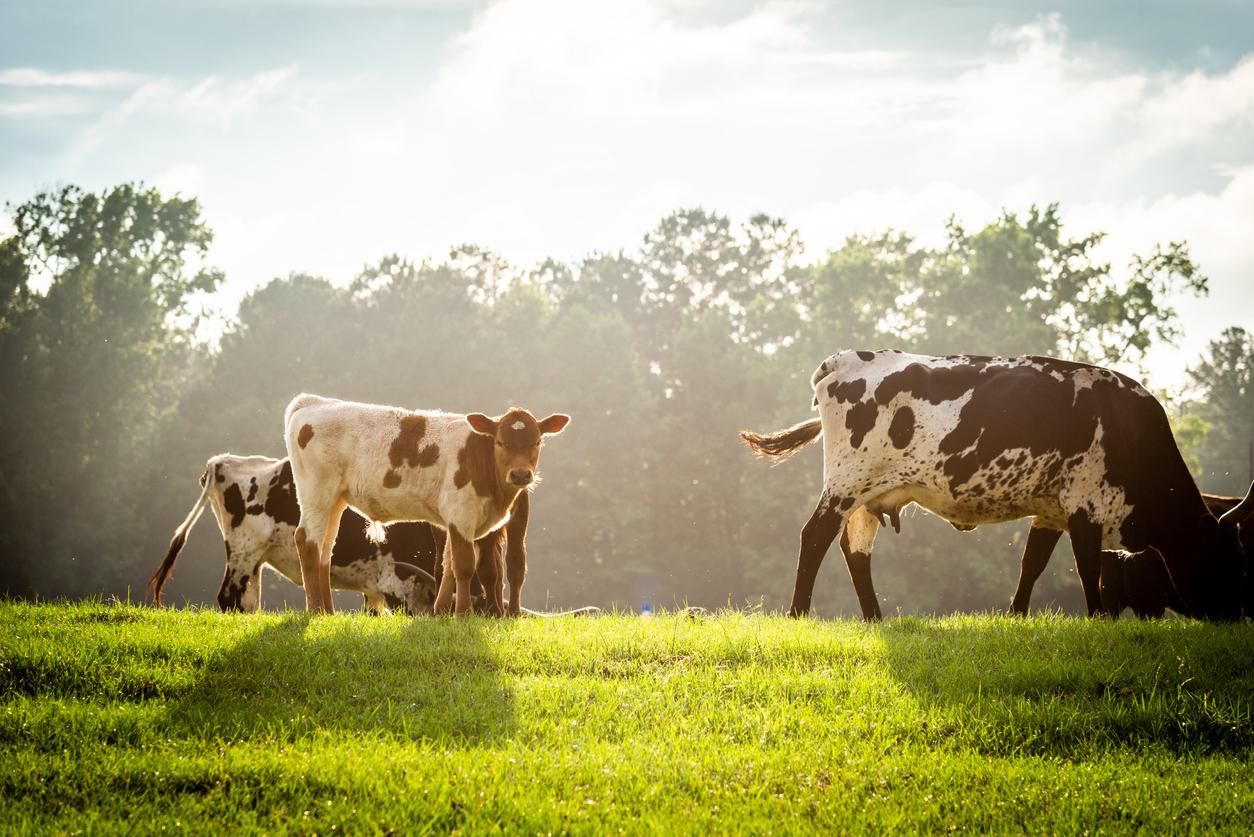In anticipation of the 2023 Farm Bill, Alabama Commissioner of Agriculture and Industries Rick Pate and U.S. Sen. Tommy Tuberville (R-Auburn) will hold public hearings and discussions for citizens to voice their concerns.
The events will be held on August 1 and 2. Hearing times and locations can be found here.
"I want to encourage everyone in Alabama to attend at least one of these public hearings and actively participate so that your concerns about the future of agriculture can be addressed in the upcoming 2023 Farm Bill," said Pate. "Time will be set aside for the audience to voice their concerns and for media interviews."
Speaking to 1819 News, Pate outlined several concerns he expected to hear from farmers. One is reference prices, the established lowest price that a commodity can sell for. If a farmer sells a commodity below the reference price, they receive financial assistance through Price Loss Coverage.
"I think you're going to hear about reference prices," Pate said. "So, what's happened in a lot of these commodities, people think they're subsidized. They're really not. They just build a floor in there, so if things go to heck, at least it doesn't put them all out of business in the same year. That reference price hasn't really moved in I don't think, 15 years, so probably if we had a bad year, the reference price is so low that we'd probably lose a lot of our agricultural base."
Pate believes that many farmers may be displeased with how little Farm Bill is allocated to agriculture.
"Another big concern is, you know, they've got it to where 83%, 84% of that thing goes to food nutrition programs, SNAP programs, which is important, but it's just a bigger bite every year percentage-wise," he outlined. "I think our Ag community would want a fair distribution of that money as a percentage of the whole farm bill."
A continuing concern for farmers is infrastructure and processing.
Pate explained, "It's the middle part of the food supply chain that probably struggles the most. We've got plenty of farmers, I've got plenty of people that want to buy the stuff, it's the handling and processing of it that we're probably most vulnerable with."
Steve Posey, a farmer in North Alabama, says that due to a lack of processing capacity for his grain, "We can grow it, but we can't get rid of it. We're holding it."
According to Pate, American agricultural research and development have decreased in recent years.
"[W] e're starting as a nation not really funding research and development like we used to," he stated. "America was, especially in agriculture, sort of cutting edge. All the seed and plant innovations were taking place here."
To connect with the story's author or comment, email gnicktreglia@gmail.com.
Don't miss out! Subscribe to our newsletter and get our top stories every weekday morning.










